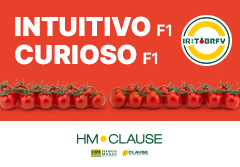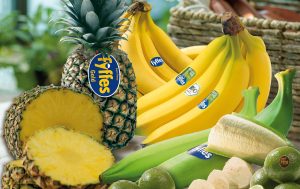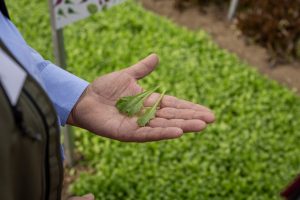From a botanical point of view, cucumbers are fruits because they contain seeds inside. Not only that, but they also develop from the flower of the cucumber plant, whose scientific name is Cucumis sativus.
In short, cucumbers help the plant spread its species, just like all living organisms strive to do in their own way. Botanically speaking, the definition of a vegetable is less clear. However, vegetables are generally considered to be other edible parts of plants that are not fruits, such as stems, roots, or leaves.
But what happens when we shift the perspective to culinary terms?
How the definition of cucumber changes
In the kitchen, everything changes. Culinarily speaking, a vegetable is defined as a plant-based food with a firmer texture and a mild flavour, often cooked grilled, stewed, or as a side dish.
On the other hand, a fruit is a food with a naturally sweet taste, usually eaten fresh or used in jams and desserts. From this perspective, cucumber is classified as a vegetable because of how it is used in cooking—it is refreshing, eaten fresh, and often seasoned with oil, vinegar, salt, or spices in salads and other dishes.
Other foods that are both fruits and vegetables
Cucumber is not alone in this dual classification. Many other plant-based foods are botanically fruits but considered vegetables in culinary terms. Some examples include zucchini, eggplant, avocado, olives, pumpkin, tomato, corn, and peas.
Regardless of the technical definition, what’s clear is that cucumbers are a healthy food that should be included in a balanced diet. Whether you consider them fruits or vegetables, their nutritional benefits remain the same.
RELATED NEWS: Chopper: The first Almería cucumber variety with 6 resistances
The World Health Organization (WHO) recommends consuming at least 400 grams of fruits and vegetables per day, which translates into the well-known guideline of five servings of fruits and vegetables daily.























